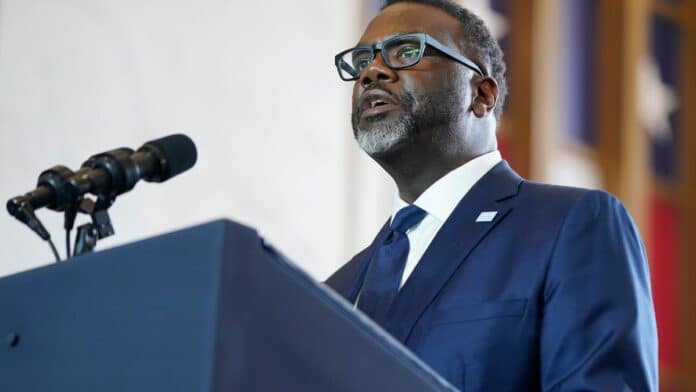A UC‑Berkeley lecturer in electrical engineering and computer science, Peyrin Kao, says he is “exhausted but committed” after four weeks of a “hunger strike” in support of Gaza. He is reportedly limiting himself to about 250 calories per day, while continuing to teach.
Kao’s public protest is framed as solidarity with Palestinians suffering under blockade and conflict. He describes his own physical strain: “simple tasks such as opening doors” leave him weary, but he insists that his discomfort is a “microcosm” of what Gaza endures.
On his course page, he warns students he may be in “poor health during lectures” due to his “starvation diet,” linking to a pro‑Palestine Instagram page. He claims that, in Gaza, people have endured “700 plus days” of similar conditions, referencing bombing of hospitals, schools, and ongoing “oppression,” “ethnic cleansing,” and “genocide.”
Critics will note that calling such restricted intake a “hunger strike” is misleading: true hunger strikes typically involve abstaining from all calories, and are more demonstrative than this calorie‑limited regime. Others may view the protest as symbolic but question its factual consistency.
This incident adds to broader debate on how activism intersects with academic roles, freedom of speech, and institutional norms.












